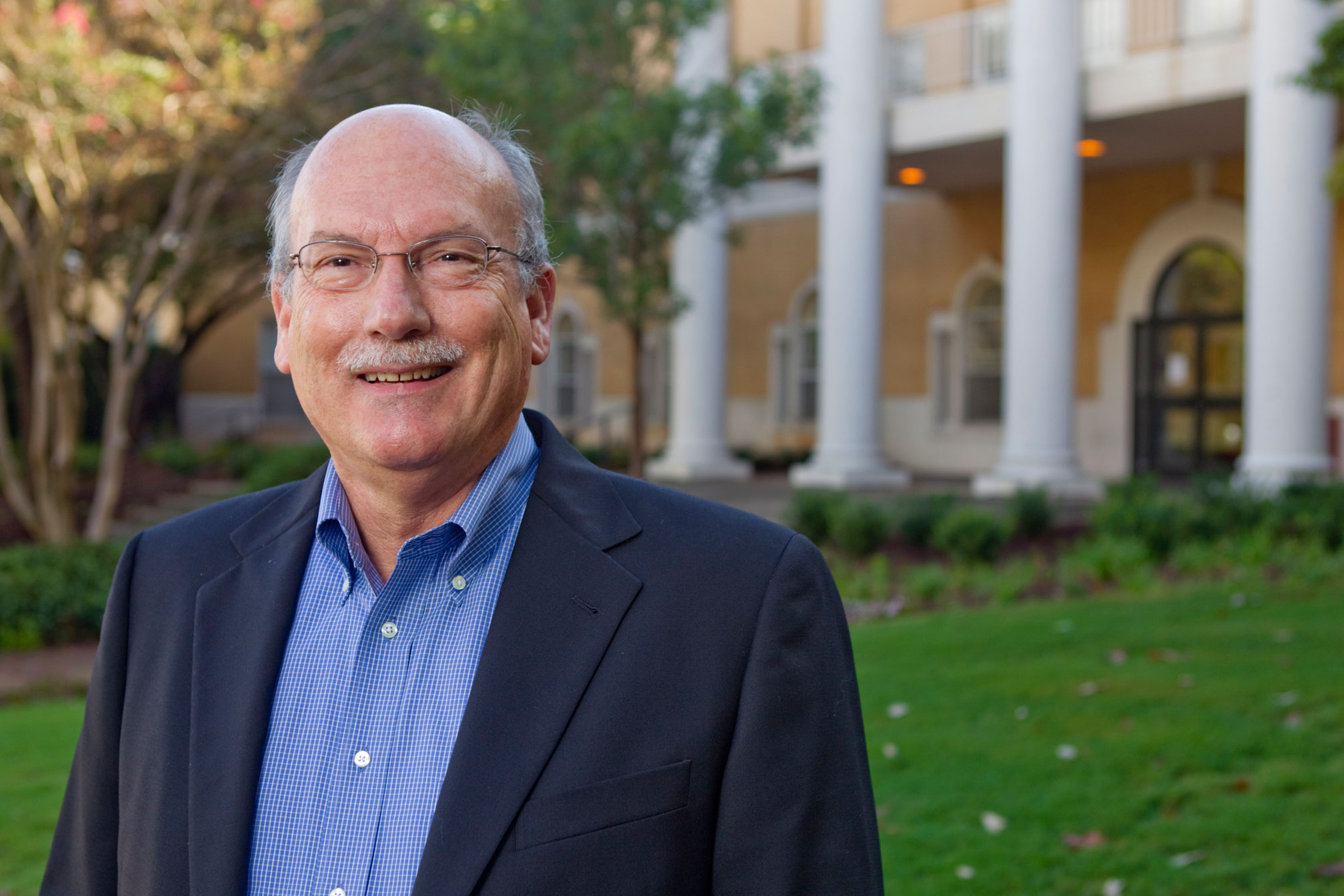Positive social interactions with friends and family and involvement in youth programs can be protective factors against depression and poor performance in school, according to researchers in the College of Family and Consumer Sciences.
Researchers analyzed a data set of more than 1,000 youths ages 11-18 who are part of U.S. military families at home and abroad. The study was designed to look at not just the difficulties—or vulnerabilities—youth face but also their level of resilience in adjusting to them.
The research was conducted by the UGA Family and Community Resilience Laboratory.
The team presented its findings Nov. 6 at the National Council on Family Relations conference in San Antonio.
“If you look at the relationships that young people have with each other, you must ask, ‘How do those relationships mitigate or offset the cumulative risks that most youth face?’ ” said Jay Mancini, the Haltiwanger Distinguished Professor and head of the college’s human development and family science department. “We discovered consistently that those youth who have more positive relationships with family, those youths who have more solid connections with others outside the family and those youth who are involved in programs for youth report lower depression, they report better grades in school and they report higher self-efficacy, which is their sense of being able to be successful.
“We discovered that a young person’s social life, broadly defined, has a dramatic effect on how much these vulnerabilities end up affecting important outcomes for them,” he also said.
The study, “Well-Being of Adolescents in Military Families: Examining the Intersections of Resilience and Vulnerability,” encompasses five papers on the subject.
Mancini said the critical distinction between the research and other papers on the topic is the simultaneous examination of cumulative risk factors and resilience.
“Everything we try to do through our research at the Family and Community Resilience Laboratory looks at the intersection of vulnerability and resilience,” Mancini said. “Oddly enough, a great many studies have not done that. They’ve not been comprehensive enough to look at both the problem issues that adolescents or families face and the solutions part.
“We have far more in this data set than other investigators have about youths’ social relationships and how relationships function in their lives, in both positive and negative ways,” he also said. “Those are the real plus points from a science perspective.”
This multi-level approach to youths’ lives has clear outreach implications as well, Mancini noted. The informal networks of friends, family, neighbors and caring adults are pivotal for supporting youth.
“It says to me that if I were going to spend money on prevention and intervention programs, it would be centered around social relationships one way or the other,” Mancini said. “That’s a big return on investment in youths’ lives.”


